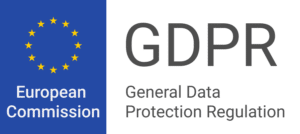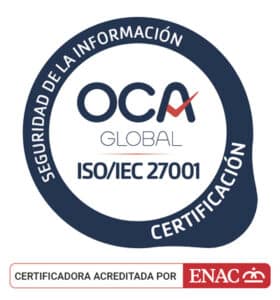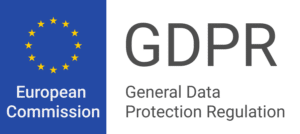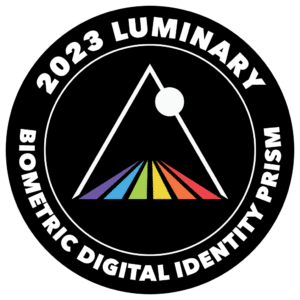Eduardo Azanza, CEO de Veridas, ha expuesto en el Senado las oportunidades que brindan las regulaciones europeas y españolas con respecto a las nuevas realidades tecnológicas, disruptivas y sociales.
Ponencia: regulación de las nuevas realidades tecnológicas, disruptivas y sociales
Hoy jueves 29 de abril Eduardo Azanza, CEO de Veridas, ha participado en la “Ponencia de estudio sobre la adopción de una regulación de las nuevas realidades tecnológicas, disruptivas y sociales” enmarcada en la Comisión de Asuntos Económicos y Transformación Digital en el Senado. En su intervención, como experto en biometría e Inteligencia Artificial, ha analizado el pasado, presente y futuro de uno de los derechos fundamentales del ser humano: el derecho a la identidad.
Los delitos de fraude cibernético son ya un 25% de los denunciados. Los datos personales de 533 millones de usuarios de Facebook se filtran online. Casi el 20% de los jóvenes españoles de 14 años han apostado dinero en un salón de juego…
Son titulares y, sobre todo, hechos que conviven con nosotros desde hace años y cuya base delictiva es la misma: la usurpación y/o no verificación de la identidad de las personas. Actualmente, contamos con herramientas débiles para verificar nuestra identidad, ya que esta se presupone mediante verificaciones manuales o credenciales de frágil seguridad como contraseñas, tarjetas de coordenadas o SMS.
En su intervención, Eduardo Azanza, ha destacado la importancia de “la Identidad Digital que, en este contexto, se refiere a la posibilidad de ejercer el derecho a reclamar nuestra identidad individual, de forma inequívoca, para poder operar y acceder a todo tipo de información y realizar transacciones de manera segura en el ámbito de internet, de tal manera en que la confianza a ambos lados de la pantalla sea máxima.” ”Vivimos inmersos en un cambio tecnológico, acelerado por la pandemia, y por ello es absolutamente necesario dotarnos de instrumentos para hacer que esta Transformación Digital sea segura, privada y confiable, para lo que se deben articular instrumentos para ejercer nuestra Identidad Real”, ha añadido Azanza durante la ponencia en el Senado.
La biometría y la Inteligencia Artificial forman un binomio que garantiza las identidades de todos los ciudadanos ante los retos, oportunidades y peligros que ya vivimos de la transformación digital.























